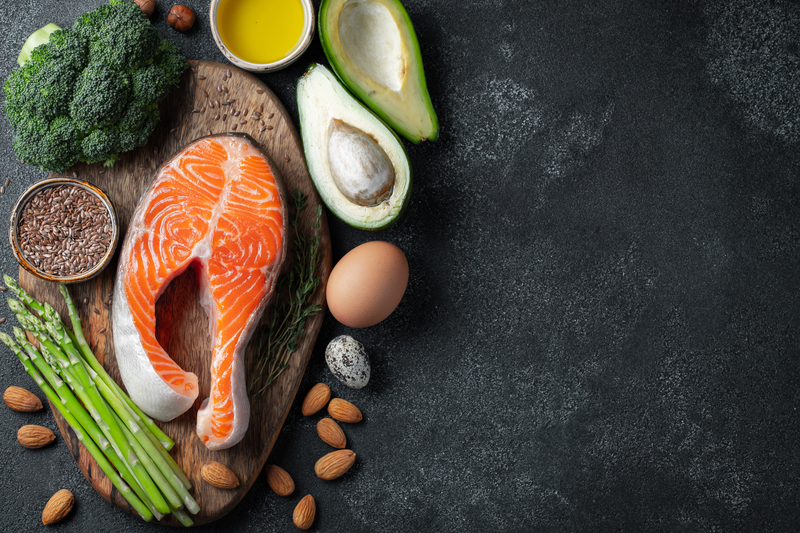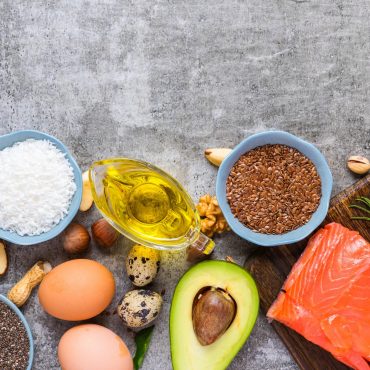Foods That Can Prevent Medical Treatments
Developing proper dietary practices is a goal most people have sought—particularly to avoid future medical problems. It can be tempting to cling to “fad diets” that promise drastic weight loss with minimal effort. These efforts usually focus on the foods the diet suggests you should NOT eat, such as sugar, grains, and meat.
Nutritionists tend to disagree with this approach. Eating healthy should be a positive experience, and you should base your food choices based on their vitamin and mineral content. By choosing select foods that provide essential nutrients, you can better protect yourself against a barrage of health problems as you age.
Plant Protein
Many people think that the only way to get protein is by eating meat. The truth is that there are alternatives to meat that are flavorful and healthy. Plant proteins are the perfect example of this—beans, legumes, nuts, and soy products contain plenty of protein for your daily diet.
These unique vegetarian and vegan-friendly options not only pack the protein but may also contain other essential vitamins minerals and sometimes even fiber! Talk to a nutritionist before embarking on a vegetarian or vegan journey for help insuring your new diet will give you everything your body needs.
Antioxidants
Unless you have taken a dedicated nutrition class, you may not know what an antioxidant is. Antioxidants are foods that can help you fight off harmful molecules that attack your healthy cells and tissue by lowering your oxidative stress. This can help safeguard against medical issues like cancer, diabetes, and heart disease.
It never hurts to squeeze antioxidants into your diet. Blueberries, pecans, and strawberries are three practical foods you can add to one of your meals. For a treat, consider eating some dark chocolate, which also is an antioxidant food. These foods can be incredibly beneficial to your long-term health, and keep your body feeling energized.
Fiber
Fiber is an incredibly important element of a diet, though some people may not understand why. This nutrient promotes better digestion and benefits your internal organs. Our bodies cannot digest fiber so it passes through and helps keep our GI tract clean. In the colon, helpful bacteria break fiber down and release the nutrients, which can help reduce inflammation inside your body and make digestion smoother.
February is heart health awareness month and finer plays a big role in a healthy strong heart. A healthy diet and lifestyle helps keep cholesterol at normal levels and protect you from developing conditions in your veins and arteries.
Fish
One of the most commonly neglected proteins is fish. Fish have a lot of protein and contain plenty of vitamins (B-12 and D) and minerals (iron, selenium) necessary to survive. One product unique to fish is its Omega-3 fatty acids, which is a fat our bodies need but can’t produce on their own.
It can be hard to know which fish are the best for you—there are probably too many options for a newcomer. Salmon and tuna are two excellent choices that are widely available. Curious about mercury levels in your fish? These guidelines will help you feel confident about your fish choices and the mercury they contain.
Green Vegetables
Green leafy vegetables are one of the best types of food you can consume. Most of these tasty and healthy plants are packed with vitamins and minerals, and make a great addition to, or even a base, for any meal.
Studies have linked consumption of green leafy vegetables to a lower risk of heart disease. Dark green leafy vegetables are high in vitamin K, which can help reduce the risk of osteoporosis. There are so many ways you can incorporate these vegetables into your meals, including using them in salads, blending into smoothies, or roasting in the oven.
Beef, Chicken, Pork, and Other Meat
While vegetables can be a great way to get protein, you cannot forget the other side of the spectrum. Meat tends to get a bad rap, but there are a lot of healthy ways to consume it. Lean and unprocessed meats are usually more balanced in calories and nutrients than processed meat and cuts that are high in saturated fat.
Baking or searing these meats can be a great way to preserve nutrition balance in a serving while maintaining excellent flavor. Check out our Pinterest for healthy recipes that fit your style.
As you can see there are so many great ways to get your fill of nutrients! Informing yourself of the healthiest eating practices is the best way to stay healthy and strong while preventing future disease. Choosing healthy vitamins and minerals, in balance with your calorie needs will help you maintain a strong body that is capable of keeping up with the life you want to live!
Need help getting your nutrition back on track? Book an appointment with us so we can help you achieve your goals!




